A student's guide to living in Toronto
Table of Contents
Introduction:
Toronto, the largest city in Canada, is a dynamic and diverse metropolis located in the province of Ontario. Situated on the northwestern shore of Lake Ontario, it’s known for its impressive skyline, which includes the iconic CN Tower. With a population of over 2.8 million, Toronto is not just the country’s financial and cultural capital, but also one of the most multicultural cities in the world.
It’s a vibrant hub for arts, theater, and music, boasting world-class museums like the Art Gallery of Ontario and the Royal Ontario Museum, as well as a thriving live performance scene. The city is also home to several professional sports teams, including the Toronto Raptors (NBA), Toronto Maple Leafs (NHL), and Toronto Blue Jays (MLB).
Toronto is a city of neighborhoods, each with its unique vibe, from the trendy shops and cafes of Queen Street West to the historic architecture of the Distillery District.
Educational field: :
Toronto is a major educational hub in Canada, offering a wide range of learning opportunities from primary to post-graduate studies. The city’s educational system is highly regarded, attracting students from all over the world. Here’s an overview of the educational landscape in Toronto:
Post-Secondary Education
Toronto is home to several world-renowned universities and colleges:
University of Toronto
One of the most prestigious and research-intensive universities in the world, the University of Toronto (U of T) offers a wide range of undergraduate, graduate, and professional programs. It has three campuses: St. George (downtown), Scarborough, and Mississauga. U of T is particularly strong in fields like engineering, business, law, medicine, and the sciences.
York University
Another major institution, York University is located in the northern part of the city. Known for its diverse student body, York offers a variety of undergraduate and graduate programs in areas like business, law, fine arts, and education. It is also home to the Schulich School of Business, one of Canada’s top business schools.
Ryerson University
Now officially known as Toronto Metropolitan University, Ryerson is well-regarded for its focus on practical, career-oriented education, with strong programs in areas like media, business, engineering, and arts. It also has a vibrant entrepreneurial spirit, with a number of innovation and incubator spaces.
OCAD University
The Ontario College of Art and Design University (OCAD U) is Canada’s largest art and design university. It offers specialized programs in visual arts, design, digital media, and the humanities.
George Brown College, Seneca College, and Humber College
Toronto also has a number of highly regarded colleges that offer hands-on, career-focused programs in fields like hospitality, business, healthcare, engineering, and technology. These colleges often provide pathways to work in Toronto’s thriving industries, including tech, media, and healthcare.
Average living cost:
The cost of living in Toronto can be quite high compared to other Canadian cities, primarily due to its status as a major urban center. However, costs vary depending on lifestyle, housing choices, and personal spending habits. Here’s a breakdown of the average living costs in Toronto for a single person:
- Housing: $2,300 to $2,800 per month.
- Utilities: $150 to $250
- Groceries: $300 to $500
- Transportation: $300 to $600
- Health Insurance: $50 to $150
Healthcare in Toronto
Toronto benefits from Canada’s universal healthcare system, which provides essential medical services to all residents through the Ontario Health Insurance Plan (OHIP). Here’s an overview of what you can expect:
Public Healthcare:
OHIP covers most basic medical services, including visits to family doctors, hospital stays, surgeries, and emergency care. As a resident, you’ll need to register for OHIP once you move to Toronto and have lived in Ontario for at least three months.
Life as an international student:
Life as an international student in Toronto can be an exciting, dynamic, and enriching experience. The city is one of the most diverse and welcoming in the world, which makes it a fantastic destination for students from all corners of the globe.
As an international student, you’ll likely find students from your own country or region, but you’ll also meet peers from diverse backgrounds. The city’s multicultural environment ensures that many institutions offer support programs tailored for international students.
Economic stability:
Toronto is one of the most economically stable cities in Canada and North America, driven by its role as the country’s financial capital and a global economic hub. The city has a diverse and resilient economy, and its economic stability is supported by several key sectors, infrastructure, and government policies.
Toronto is Canada’s financial heart and one of the most important financial centers in the world. It houses the Toronto Stock Exchange (TSX), one of the largest stock exchanges globally by market capitalization. The city also hosts the headquarters of major financial institutions, including Royal Bank of Canada (RBC), Toronto-Dominion Bank (TD), and Scotiabank, as well as a wide range of global financial services companies.
Conclusion:
Overall, Toronto enjoys a high level of economic stability, supported by a diversified economy, a strong financial sector, robust infrastructure, and a welcoming environment for business and innovation. While challenges like housing affordability and income inequality exist, Toronto’s economic resilience, coupled with strong government policies, positions it well for continued growth. For international investors, businesses, and residents, Toronto remains an attractive and stable place to live, work, and invest.

